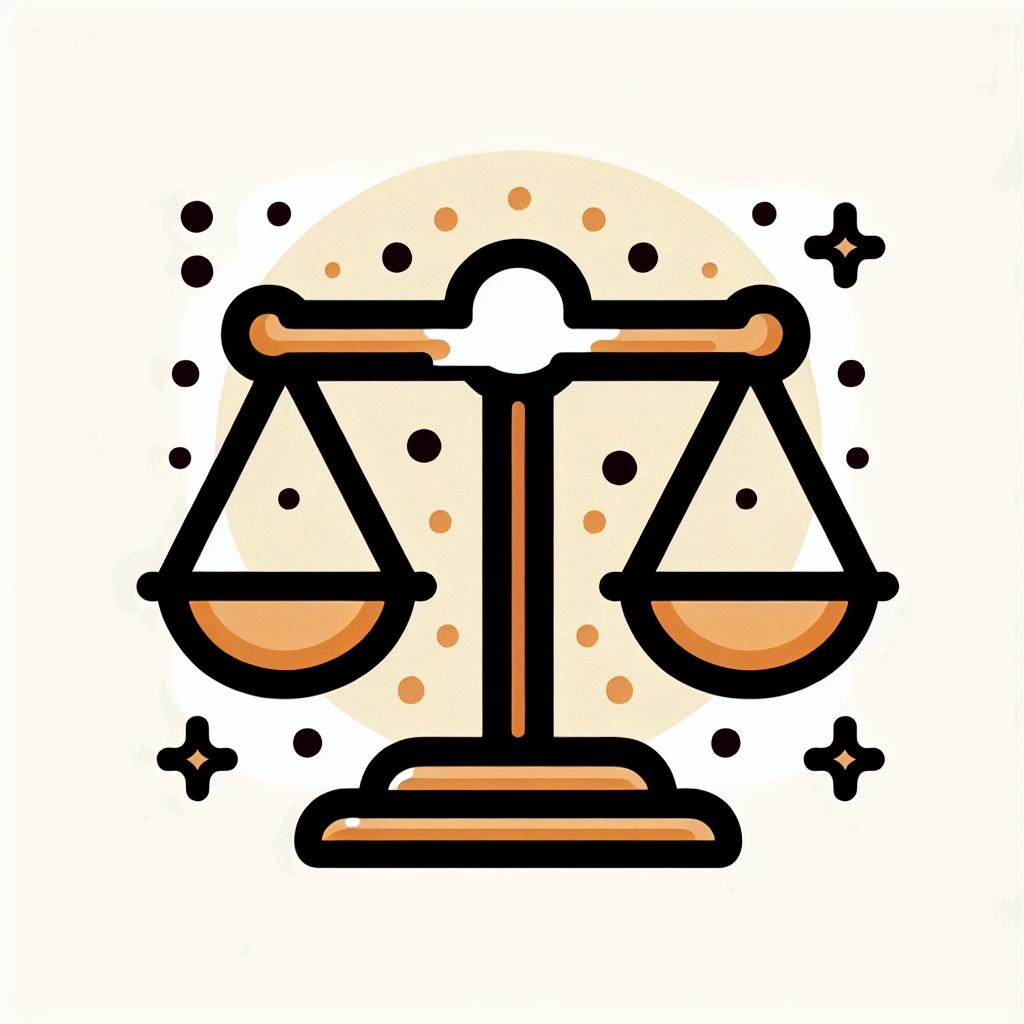Converting measurements can be a common task, but it’s essential to have the accurate conversion factor to ensure precision. In this case, we are looking at the conversion of 1 pound to 1 kilogram. Let’s delve into the details of how this conversion is calculated and the relationship between pounds and kilograms.
The Relationship Between Pounds and Kilograms
One pound is approximately equal to 0.45359237 kilograms. This conversion factor allows us to convert pounds to kilograms and vice versa. Similarly, one kilogram is roughly equal to 2.2046226218 pounds. Understanding this relationship is crucial for accurate conversions between the two units of measurement.
Converting 1 Pound to Kilograms
When converting 1 pound to kilograms, we use the conversion factor of roughly 0.45359237. To find the equivalent value in kilograms, we multiply the given pound value by this conversion factor. For example, to convert 1 pound to kilograms: 1 lb * 0.45359237 kg/lb = 0.45359237 kg.
Mathematical Calculation
The mathematical calculation involved in converting 1 pound to kilograms is straightforward. By multiplying the pound value by the conversion factor, we obtain the equivalent value in kilograms. This calculation ensures an accurate and precise conversion between the two units.
Precision in Conversions
Ensuring precision in conversions is vital to obtain accurate results. Using the correct conversion factor and performing the calculation correctly guarantees that the converted value is reliable and reflects the true relationship between pounds and kilograms.
Understanding the Reverse Conversion
As mentioned earlier, one kilogram is approximately equal to 2.2046226218 pounds. Understanding this reverse conversion factor is essential for converting kilograms back to pounds. It showcases the bidirectional relationship between the two units of measurement.
Applying the Conversion Factor
Applying the conversion factor of 0.45359237 to convert pounds to kilograms allows for a quick and efficient calculation. By simply multiplying the pound value by this factor, we can obtain the equivalent value in kilograms without any complex formulas or procedures.
Real-World Applications
The conversion of pounds to kilograms is commonly encountered in various real-world scenarios, such as cooking recipes, weight measurements, and international unit conversions. Having a good grasp of this conversion allows for seamless transitions between different units of weight.
Utilizing Conversion Tools
While manual calculations are informative, utilizing online conversion tools or calculators can streamline the conversion process and provide instant results. These tools often incorporate accurate conversion factors and eliminate the need for manual calculations.
Accuracy in Measurement
Accuracy in measurement conversions is key to obtaining reliable and consistent results. By adhering to the correct conversion factors and ensuring precision in calculations, we can confidently convert measurements between pounds and kilograms with accuracy.
Conclusion
In conclusion, converting 1 pound to 1 kilogram involves multiplying the pound value by the conversion factor of approximately 0.45359237. Understanding the relationship between pounds and kilograms, as well as utilizing the correct conversion factor, ensures accurate and precise conversions between these two units of weight.
Further Exploration
For those interested in exploring more about conversions between pounds and kilograms, conducting additional research on conversion methods, applications, and practical examples can enhance understanding and proficiency in converting between these fundamental units of weight.

